Mozambique: “Failures and persistent challenges” must not be marginalized
Mozambique: Members of Parliament earn 42 to 77 times the minimum wage – By Joseph Hanlon
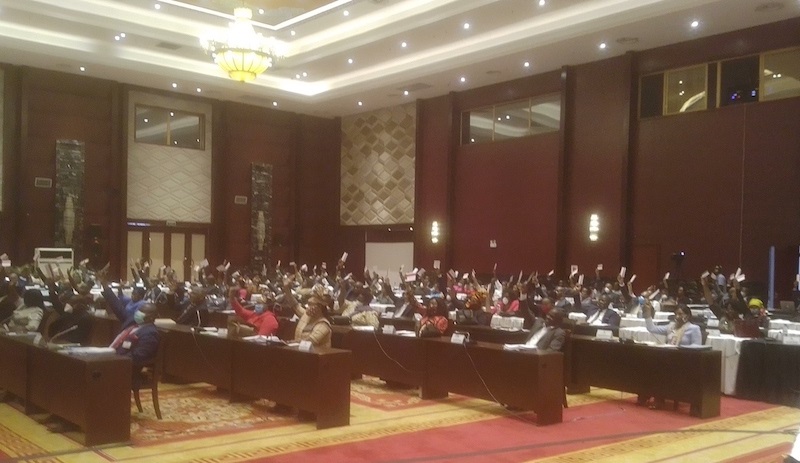
File photo: A Verdade
High-level salaries in Mozambique are obscure because of the various perks and extra payments. O Pais – Economico (17 Apr) actually worked out the salary details for members of parliament (AR, Assembleia da Republica), and their basic salary is less than half their actual earnings. Basic salary and various perks increase with responsibility, such as extra for being a commission member, with the highest salaries going to vice presidents and heads of party benches. Members of parliament earn a basic salary, plus a 75% bonus at the end of their five year term (even if they are re-elected), plus a payment for actually attending sessions, plus a housing allowance. They also receive money for expenses, particularly visiting their constituencies.
An ordinary member of parliament earns $33,357 per year plus $6,251 in constituency expenses; at the top the salary is $52,690 plus $9,313 expenses.
Is this a high salary? Senior people in local non-government organisations funded by donors earn much more than that. Minimum wages are set by sector, and an ordinary member of parliament earns 15 times the minimum wage of a bank worker and 42 times the minimum wage of a farm worker or civil servant (or 50 times if constituency expenses are included, which some will treat as part of income). For an AR vice president or party head it is 23 times the bank worker minimum, 67 times a farm worker, and 77 times a farm worker if expenses are included.
A full time farm worker earns $786 per year, but most earn much less as they only work seasonally; and the informal day rate is half the official minimum wage. The median cash income for rural families (the majority of Mozambicans) is about $100 per year. So a member of parliament earns 400 to 600 times as much as a peasant family, but less than some others in the Maputo middle class.
There appears to be a substantial increase in salaries, although it is hard to calculate as there has not been published a similar list of all the benefits. But members of parliament have agreed to give 3 days of their basic war to the anti-COVID-19 campaign – $55 to $90. By contrast, the mayor of Chimoio, Joao Ferreira, has taken a 50% wage cut.
Minimum wage negotiations have been halted by Labour Minister Margarida Talapa because of Covid-19 and the State of Emergency. Talks had started on 18 March and minimum wages are traditionally back-dated to 1 April, but this will apparently not happen this year. The chair of the Confederation of Mozambican Business Associations (CTA), Agostinho Vuma, said the impact of COVID-19 on businesses has been enormous, with costs to Mozambican businesses reaching $375 mn. Talapa said the Labour Ministry has received notifications that 300 companies, employing 10,395 workers, have suspended or dismissed some workers. Minimum wages are set by sector, with 12 different minimums. On 13 April Minister of State Administration, Ana Comoana, called for a public sector wage freeze. The main union federation, the OTM, has calculated that the a basic basket of goods and services for an average family would cost $3600 per year – more than four time the current public sector minimum wage.
Interest rates have been cut by 1.5% by the Bank of Mozambique. Thus the Interbank Money Market Rate (MIMO), used by the central bank for its interventions on the interbank money market to regulate liquidity, falls from 12.75% to 11.25%. The Standing Lending Facility (the interest rate paid by the commercial banks to the central bank for money borrowed on the Interbank Money Market) falls from 15.75% to 14.25%, while the Standing Deposit Facility (the rate paid by the central bank to the commercial banks on money they deposit with it) falls from 9.75% to 8.25%.
By Joseph Hanlon


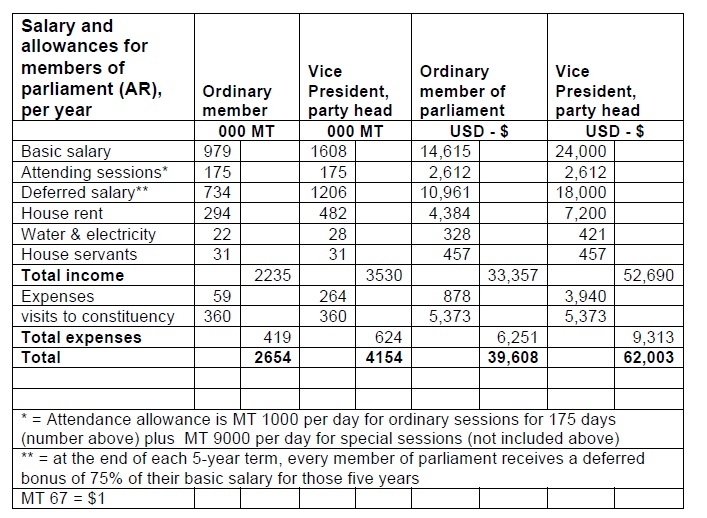
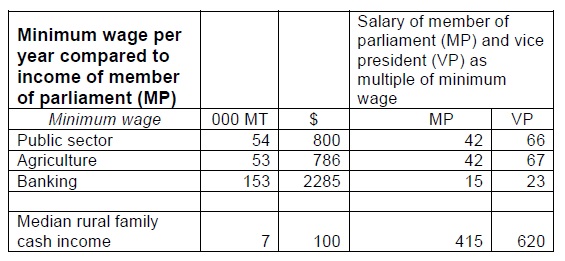
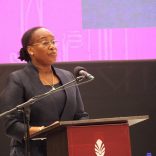



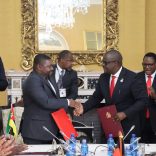
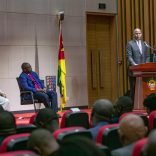





Leave a Reply
Be the First to Comment!
You must be logged in to post a comment.
You must be logged in to post a comment.